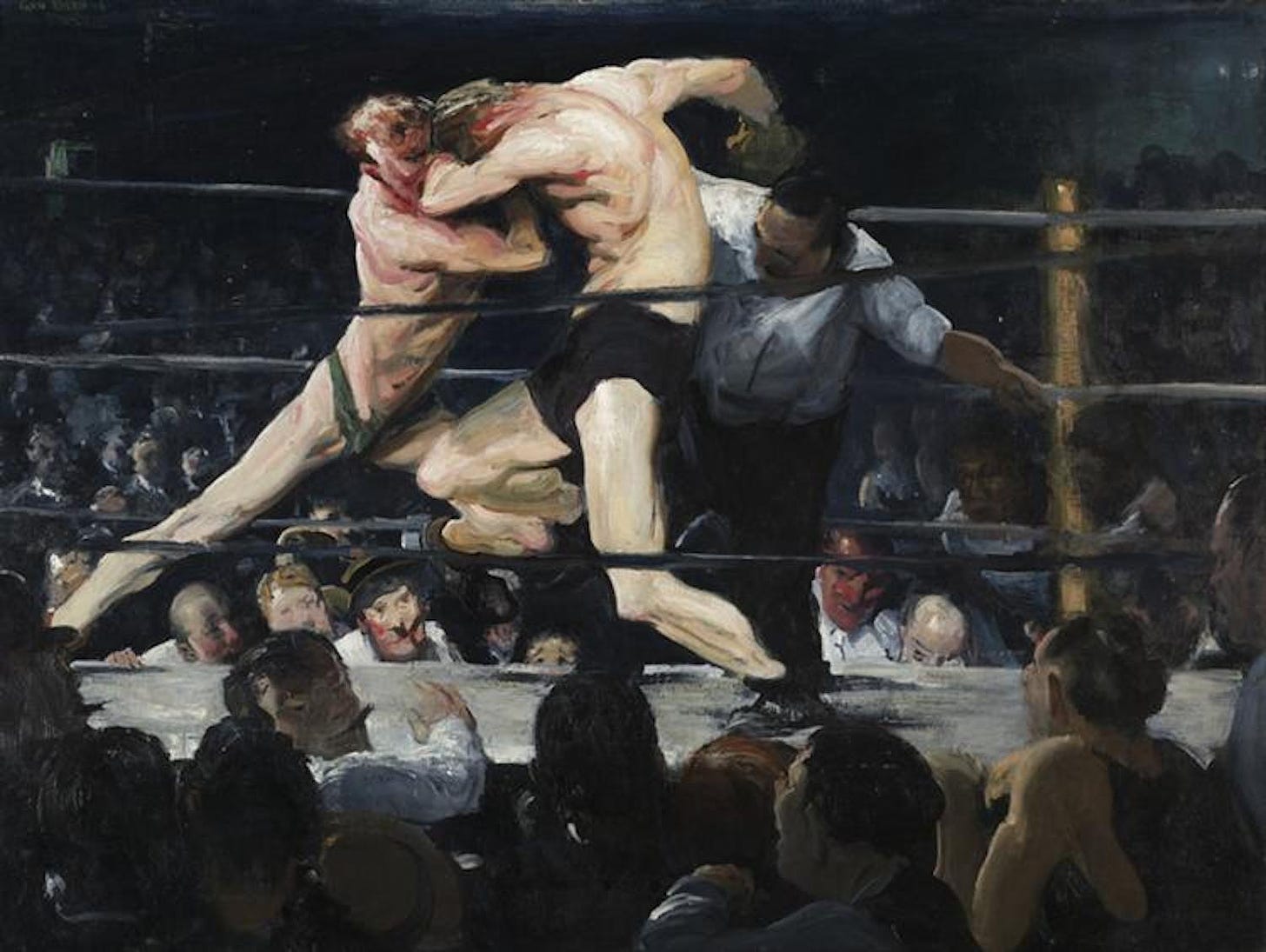Why does criticism impact us? Even feedback from someone we don’t know can affect us. This episode explores what wisdom traditions (like Stoicism and Buddhism) can teach us about responding to criticism.
Strangely, many great thinkers and traditions offer detailed advice on dealing with difficult people and how to respond wisely to criticism.
For example, in 1910, President Theodore Roosevelt discussed the topic in one of the most famous speeches of all time, titled Citizenship in a Republic. Roosevelt said, “It is not the critic who counts; not the man who points out how the strong man stumbles, or where the doer of deeds could have done them better….”
In Meditations, Marcus Aurelius wrote,
“When another blames you or hates you, or people voice similar criticisms, go to their souls, penetrate inside and see what sort of people they are. You will realize that there is no need to be racked with anxiety that they should hold any particular opinion about you. But you should still be kind to them. They are by nature your friends…”
A consistent theme throughout Meditations is a focus on kindness and compassion. In my conversation with Donald Robertson on In Search of Wisdom. To the question of how compassionate is Stoicism? Robertson explained, “It’s surprising that some people can read the Meditations without even noticing how important kindness was to the Stoics.”
Here is a great example from Meditations, Marcus writes: “Someone despises me? That is his concern. But I will see that I am not guilty of any word or action deserving contempt. Will he hate me? That is his concern. But I will be kind and well-intentioned to all….”
Thought Experiment:
Reflect on a past criticism or insult — take a few moments to see what feelings and thoughts arise. Once you’re ready, meditate on these words from the Stoic philosopher Epictetus,
“Remember, it is not enough to be hit or insulted to be harmed, you must believe that you are being harmed. If someone succeeds in provoking you, realize that your mind is complicit in the provocation. This is why it is essential that we not respond impulsively to impressions; take a moment before reacting, and you will find it easier to maintain control.”
If we can avoid responding impulsively to criticism, it is much easier to act wisely. The challenge is remembering to pause and take a moment before reacting. Seneca’s On Anger is an essential resource to help us apply these strategies. According to Seneca, “The cause of anger is the belief that we are injured; this belief, therefore, should not be lightly entertained. We ought not to fly into a rage even when the injury appears to be open and distinct: for some false things bear the semblance of truth.”
The Buddha taught a similar lesson in the Second Arrow parable,
“The well-instructed disciple of the noble ones, when touched with a feeling of pain, does not sorrow, grieve, or lament, does not beat his breast or become distraught. So he feels one pain: physical, but not mental. Just as if they were to shoot a man with an arrow and, right afterward, did not shoot him with another one, so that he would feel the pain of only one arrow. …”
The second arrow is the story we tell ourselves about the criticism or insult. “How could they say that….” Although the first arrow is unavoidable — the second is optional. In dealing with criticism and insults, we should remember that tranquility comes when we stop worrying about things beyond our control. The harsh truth is the words and actions of others are simply outside of our control. What is up to us is how we respond.
Lastly, remember the wisdom of humor to diffuse the situation. Epictetus advised his students, If anyone tells you that a particular person speaks ill of you, do not make excuses about what is said of you but answer, “He was ignorant of my other faults, else he would not have mentioned these alone.”
—
Thank you for reading/listening; I hope you found something useful.
Until next time, be wise and be well,
JW
P.S. I’m adding the transcript to episodes based on a request from a subscriber! Please feel free to reach out to comment or ask questions.














Share this post